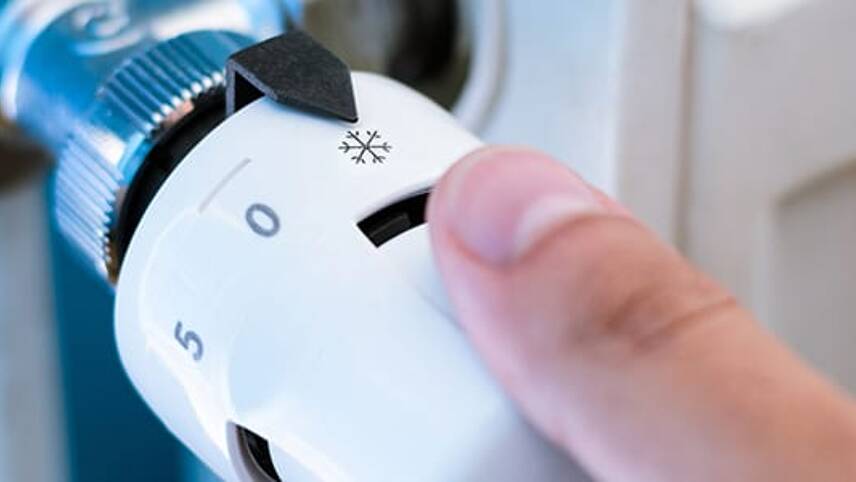This is the Sponsored paywall logged out

Frequent renewables obligation payments, as well as tighter rules on cash borrowing, could help to build a more sustainable retail market, the chief executive of Shell Energy Retail has said.
Speaking to Utility Week Ed Kamm outlined his vision for improving the market, after being asked about the thorny issue of compliant suppliers picking up the costs of failure.
Shell Energy Retail was created after its parent company acquired disruptor brand First Utility in 2018. Kamm worked at First Utility for more than six years, eventually serving as chief commercial officer. He became chief executive of Shell Energy Retail in December 2020.
The retailer currently serves just short of one million customers and according to its latest financial results to 31 December 2019 it had a turnover of more than £832 million and made a loss of £26.7 million.
Criticising the decision by some retailers to collect significant amounts of cash from consumers before they begin supplying, Kamm outlined three steps he believes will create a more sustainable energy supply industry.
He explained: “What we see is one, you should not be able to borrow unlimited from your customers and not take the associated risk with that.
“We understand the reason for mutualisation, energy is a need not a want, so I think it’s right to protect consumers. But it shouldn’t be right to allow companies to borrow significantly from their consumers and not have to protect that.”
Earlier this year Ofgem revealed proposals to require suppliers to automatically refund surplus consumer credit balances as part of a regulatory clampdown on unsustainable business practices.
Kamm further suggested changes to the way renewables obligation payments are taken, namely that more frequent payments could prevent mutualisation.
“The second component is the renewables obligation certificate schemes that all energy companies have to contribute to. With most industry payments you have to pay daily, monthly or quarterly.
“This is a rather large industry payment, the scheme year runs April to March and then the payments are due the following October. That gives on average more than a year of float. Guess what bill doesn’t get paid? And when companies fail they leave a significant amount of the ROC bill behind and it gets mutualised.
“This is to us a pretty easy solution and interestingly there already is a view on this because with some of the new levies that have come in place on energy companies, you have to both show you can pay that balance and you have to pay it quarterly.
“So the green gas levy that’s recently come in, that’s a fraction of this cost, you have to show you are good for it and you have to pay it quarterly – not up to a year and a half after the start of the scheme year.”
The Shell boss’s sentiments are shared by former Ofgem chief executive Dermot Nolan, who has previously called for RO payments to be taken monthly.
Elsewhere, Kamm said he believed all suppliers should be obliged to pay into the energy company obligation and warm home discount schemes, adding that every single customer should benefit.
“Those are the three changes we would like to see happen to create a more sustainable energy supply industry.”




Please login or Register to leave a comment.